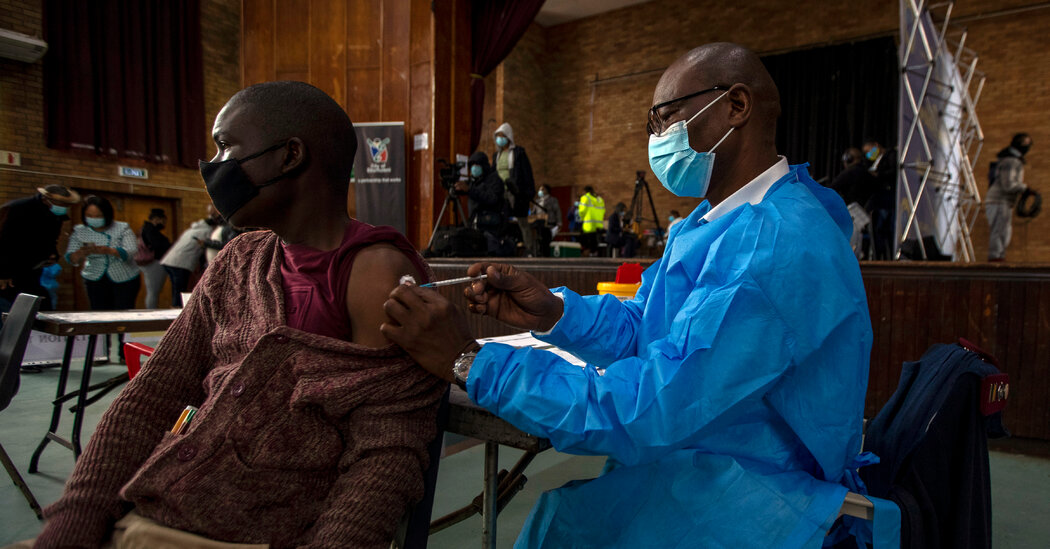
Scientists are still unclear on how effective vaccines will be against the new variant flagged by a team in South Africa, which displays mutations that might resist neutralization. Only several dozen cases have been fully identified so far in South Africa, Botswana, Hong Kong, Belgium and Israel.
The new variant, designated by the World Health Organization as a “variant of concern” known as Omicron, has a “very unusual constellation of mutations,” with more than 30 in the spike protein alone, according to Tulio de Oliveira, director of the KwaZulu-Natal Research and Innovation Sequencing Platform.
The spike protein is the chief target of human antibodies that the immune system produces to fight a coronavirus infection. So many mutations raised concerns that Omicron’s spike might be able to evade antibodies produced by either a previous infection or a vaccine.
The variant shares similarities with the Lambda and Beta variants, which are associated with an innate evasion of immunity, said Richard Lessells, an infectious diseases specialist at the KwaZulu-Natal Research and Innovation Sequencing Platform.
“All these things are what give us some concern that this variant might have not just enhanced transmissibility, so spread more efficiently, but might also be able to get around parts of the immune system and the protection we have in our immune system,” Dr. Lessells said.
The new variant has largely been detected among young people, the cohort that also has the lowest vaccination rate in South Africa. Just over a quarter of people ages 18 to 34 in South Africa are vaccinated, said Dr. Joe Phaahla, the country’s health minister.
While cases of the variant are mainly concentrated in the country’s economic hub — particularly in its administrative capital, Pretoria — it is “only a matter of time” before the virus spreads across the country as schools close and families prepare to travel for the holiday season, Dr. Phaahla said.




